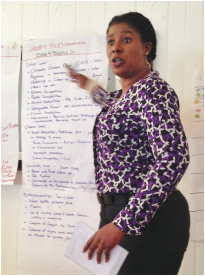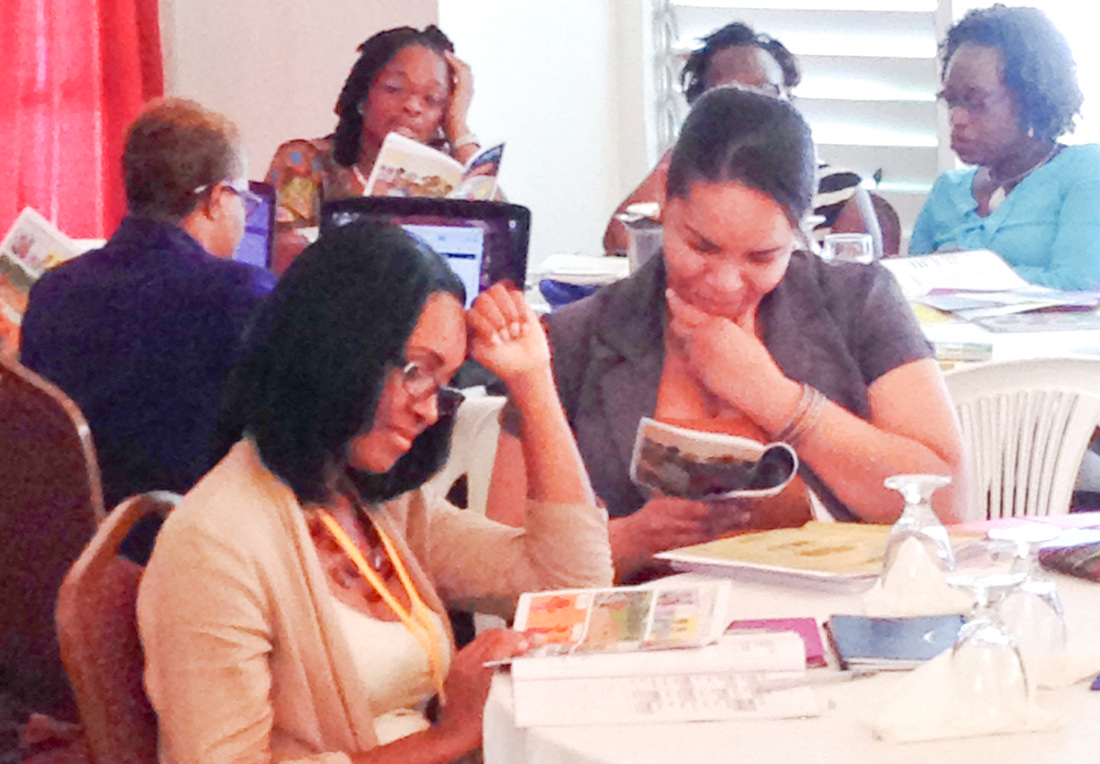
Training & Instructional Skills
Whether working with women in Yemen, development workers in Ghana, or adult educators in Canada, NESA associates have been recognized by NGOs, government agencies, and learners as highly effective, skilled facilitators and trainers.
Whether working with women in Yemen, development workers in Ghana, or adult educators in Canada, NESA associates have been recognized by NGOs, government agencies, and learners as highly effective, skilled facilitators and trainers.
ISW Manual, Facilitator training in Canada/Africa/JamaicaThe Instructional Skills Workshop (ISW), developed by Don Sawyer, is a brief, intense, practical program that provides either instructors in training or in-service with the basic skills required to survive in the adult education classroom. In four or five days, participants are engaged with all aspects of instructional skills, including the development of learning objectives, assessment, lesson planning, communication, selecting instructional strategies, evaluation, learning domains, and research on how children and adults learn.
The Instructional Skills Workshop emphasizes active participation – of the participants in the ISW and their students. Micro-teaching, or mini-lessons, along with written, oral and video feedback, is at the heart of the ISW. Personal development is encouraged by reflecting on one’s own teaching practice; and the provision of caring, growth-producing peer feedback contributes to the proven success of this workshop. Through the global work of NESA associates, ISW is now a component of faculty development and facilitator training programs from West Africa to Saskatchewan to Jamaica. |
Gambia Rural Adult Instructor Training (GRAIT) ProgramNESA associates led the training of Gambian rural community development workers from non-government and government organizations in practical instructional and community mobilization skills.
|
Ghana Rural Animator Training (GRAT) Program
NESA associates developed unique, practical, culturally appropriate curriculum for the training of community development workers. Since its first delivery in 2001, more than 200 participants from Ghana and surrounding West African countries have graduated with a GRAT certificate.
|


